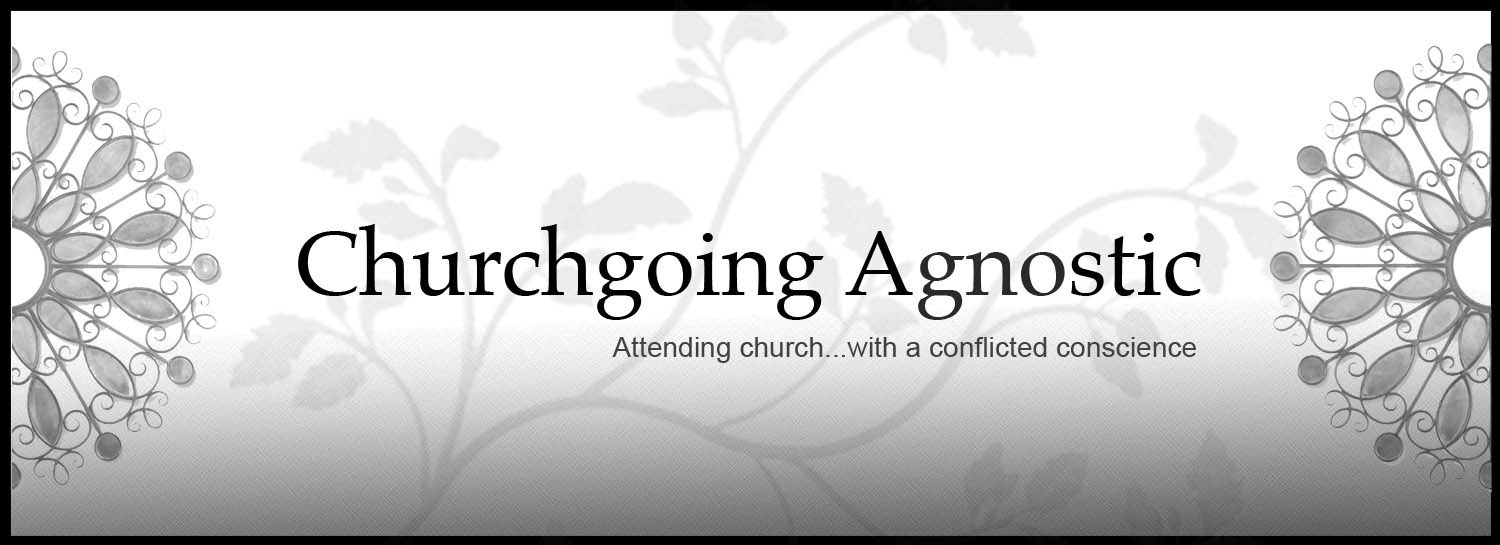The psalms of the Hebrew Bible are poetic expressions of faith (and lack of faith) that have comforted, encouraged and sustained billions of faith-filled people for thousands of years. They are a collection of 150 testimonies, praises, laments, odes, and poems. If anything, they are honest. That’s what I appreciate most about them. I don’t agree with many of the Hebrew psalmist’s beliefs about God (and I don’t think that I have to) but I appreciate the fact that these ancient poets were able to articulate their thoughts in such beautiful and often brutally unfiltered forms.
I often wonder what specific situations motivated the creation of these psalms. I wonder what kind of people wrote them. I wonder how they sounded when they were originally recited and sung. It’s amazing to think that these psalms (some of which were probably written in the spur of an emotional or traumatic moment) have been preserved and are still being used over two-thousand years after they were composed.
Sometimes I imagine what a collection of modern-day psalms would look and sound like. Would we include the lyrics of the Negro spirituals and the blues? Would we include copies of the jazz riffs and notes for John Coltrane’s A Love Supreme? Would we include the lyrics of gospel or contemporary Christian praise and worship songs? Would we include the lyrics of Africa’s travelling griots? Would we include the medieval hymns of Europe, the haikus of Asia, or the mystical poetry of the Arabic people? Native American chants? Would we include song lyrics and poetry from artists and 20th century prophets such as Nikki Giovanni, Maya Angelou, Bob Dylan, Billie Holliday, Nina Simone, Joan Baez, John Lennon, Curtis Mayfield, Marvin Gaye, Zach de la Rocha, Miguel Piñero, Ben Harper, Bob Marley, Gil-Scott Heron, Oscar Brown Jr., Tracy Chapman or U2?
I would be very interested to see how such a collection might serve people two-thousand years from now. Would future generations read them in ways we wouldn’t even recognize anymore? Would future faith communities strip them of all of their authenticity and sanitize them through translation, reinterpretation and litugical use?
Many faith-filled people read the biblical Psalms with the belief that reading them will draw them closer to the heart of God. But I dare to believe that we can draw even closer to “the divine” by being honest with ourselves and writing our own psalms. Here is a psalm I wrote on the back of a piece of notebook paper while I sat alone in an empty room last Friday getting ready to give a presentation for my day job. I was tired and my mind was flooded with an intense feeling of restlessness.
I am…
Wandering. Wondering. Wavering. Wrestling.
God, if you exist, do what you do.
I won’t ask you for favors on my behalf.
I won’t demand that you act.
I won’t ask you to justify my actions or to baptize my desires.
I find it difficult to ask you to forgive me.
I just know I need to be more faithful to the people around me.
I don’t pray so you will grant my wishes.
I don’t pray that you curse those who disagree with me.
I don’t pray for your presence because, if you exist, no one can escape you anyway.
I only pray for awareness and compassion.
Awareness of who I really am.
Awareness of the creatures that I’m connected to.
Awareness of the ways in which I have brought or can bring blessing or harm to others.
Monday, August 27, 2007
Subscribe to:
Post Comments (Atom)



I often wonder whether or not it might be time to create a new scriptural base? That is, perhaps we are so far removed historically and culturally from the original scriptures that it might not hurt to try and form a canon for our own time.
ReplyDelete